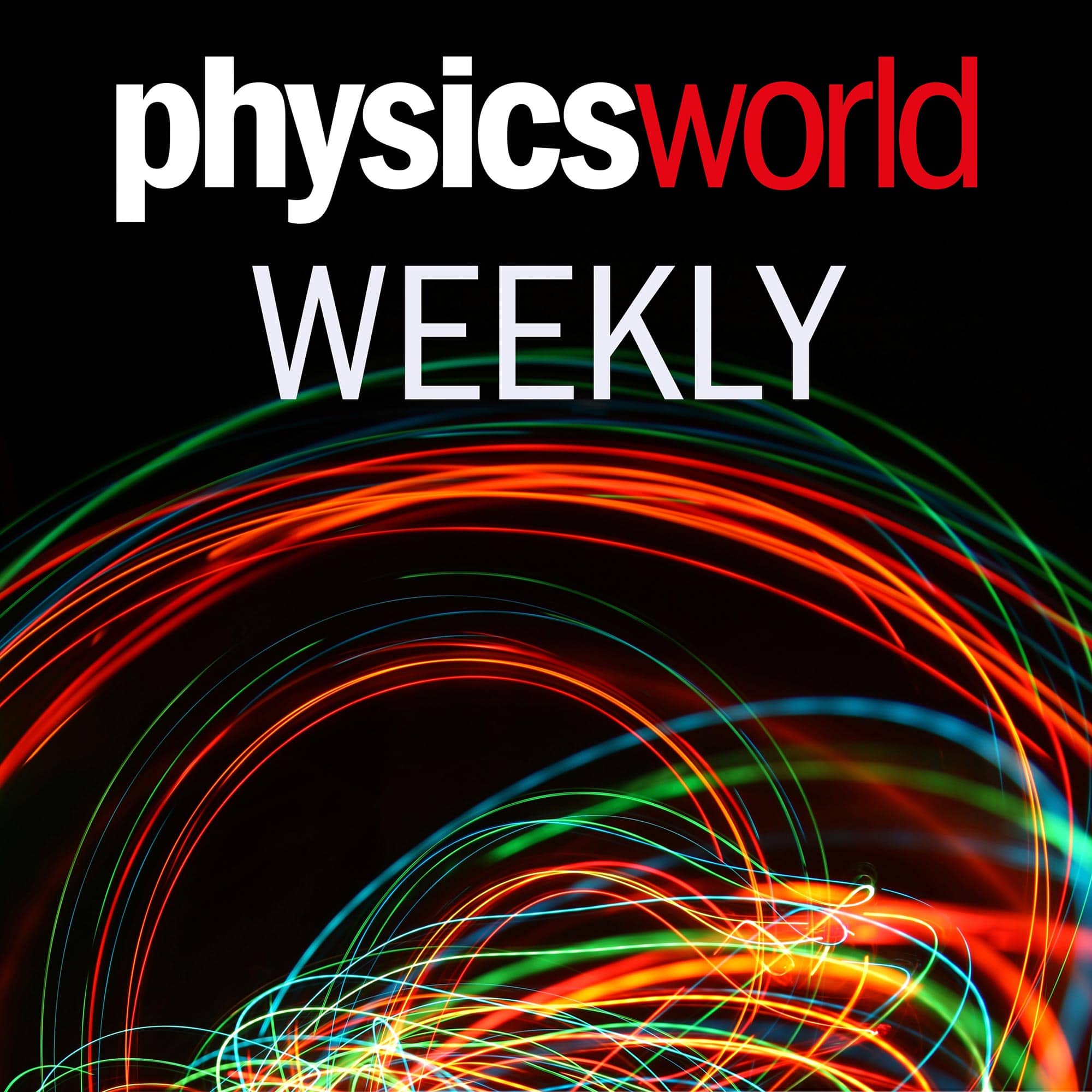Physics World Weekly Podcast
Physics World Weekly offers a unique insight into the latest news, breakthroughs and innovations from the global scientific community. Our award-winning journalists reveal what has captured their imaginations about the stories in the news this week, which might span anything from quantum physics and astronomy through to materials science, environmental research and policy, and biomedical science and technology. Find out more about the stories in this podcast by visiting the Physics World website. If you enjoy what you hear, then also check out our monthly podcast Physics World Stories, which takes a more in-depth look at a specific theme.
Astronauts could soon benefit from dissolvable eye insert
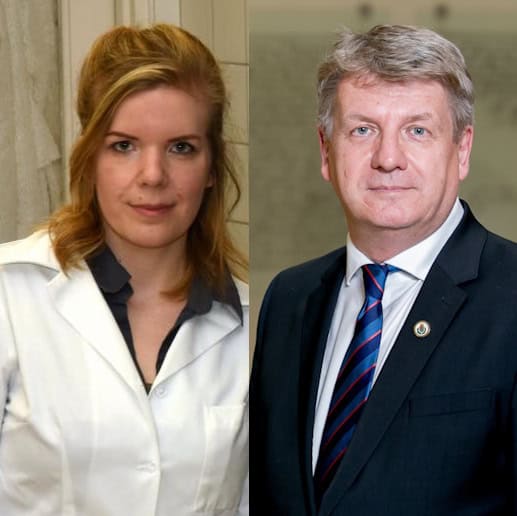
Spending time in space has a big impact on the human body and can cause a range of health issues. Many astronauts develop vision problems because microgravity causes body fluids to redistribute towards the head. This can lead to swelling in the eye and compression of the optic nerve.
While eye conditions can generally be treated with medication, delivering drugs in space is not a straightforward task. Eye drops simply don’t work without gravity, for example. To address this problem, researchers in Hungary are developing a tiny dissolvable eye insert that could deliver medication directly to th...
From quantum curiosity to quantum computers: the 2025 Nobel Prize for Physics
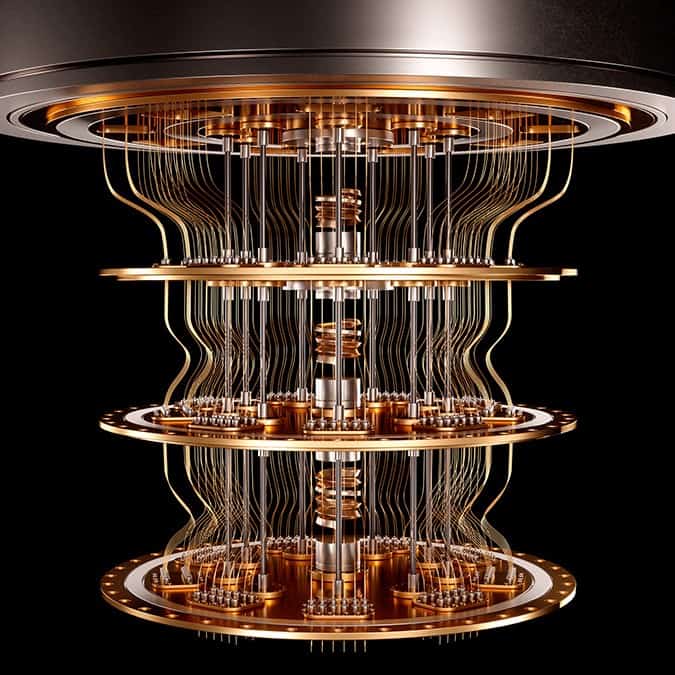
This year’s Nobel Prize for Physics went to John Clarke, Michel Devoret and John Martinis “for the discovery of macroscopic quantum mechanical tunnelling and energy quantization in an electric circuit”.
That circuit was a superconducting device called a Josephson junction and their work in the 1980s led to the development of some of today’s most promising technologies for quantum computers.
To chat about this year’s laureates, and the wide-reaching scientific and technological consequences of their work I am joined by Ilana Wisby – who is a quantum physicist, deep tech entrepreneur and former CEO of UK-ba...
The curious history of Nobel prizes: from lighthouses to gravitational waves
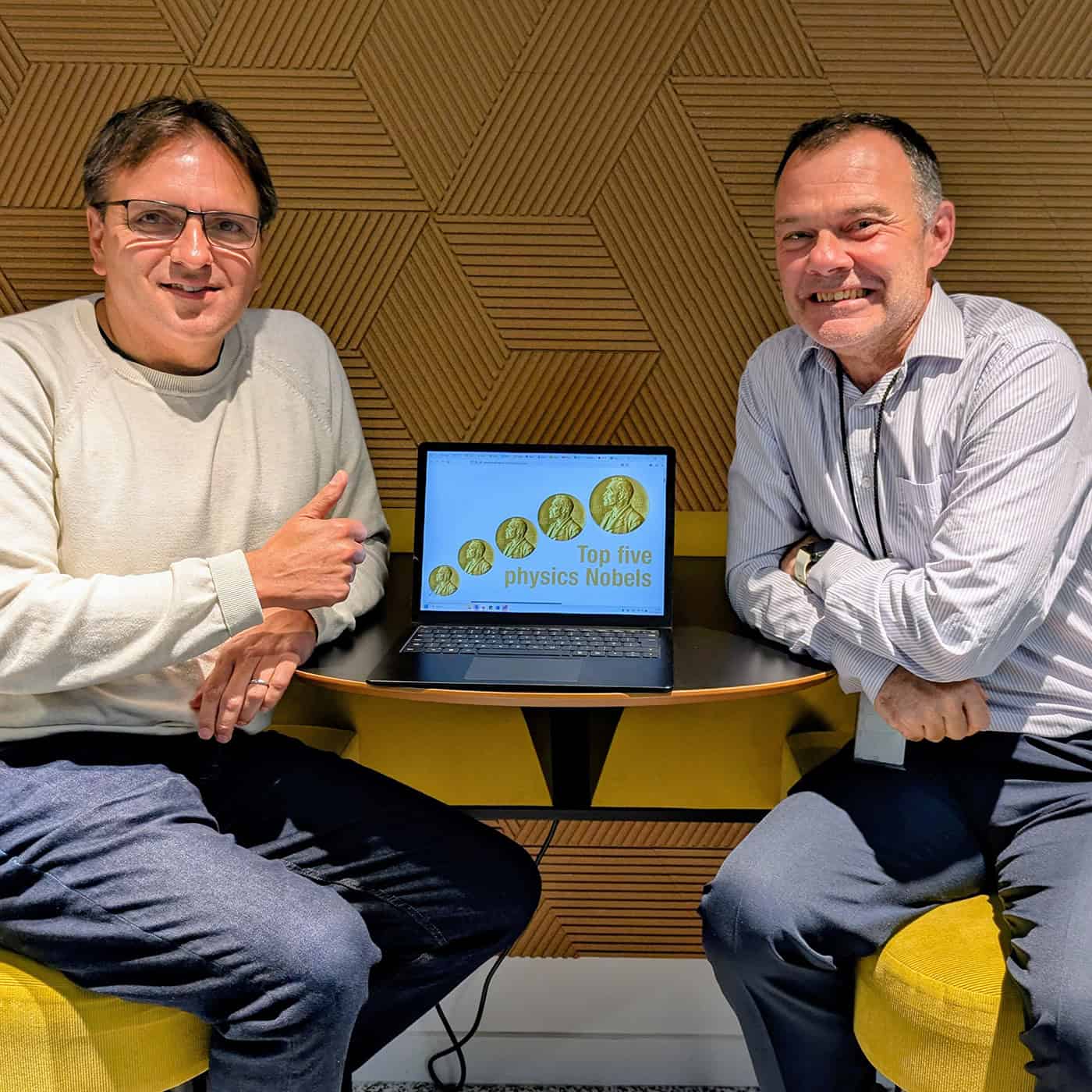
Next week, the winners of the 2025 Nobel Prize for Physics will be revealed. In the run-up to the announcement I’m joined in this podcast by my colleague Matin Durrani, who has surveyed the last quarter century of Nobel prizes and picked his top five physics prizes of the 21st century – so far.
We also look back to two early Nobel prizes, which were given for very puzzling reasons. One was awarded in 1908 to Gabriel Lippmann for an impractical colour-photography technique that was quickly forgotten; and the other in 1912 to Gustaf Dalén for the development of sever...
Imagining alien worlds: we explore the science and fiction of exoplanets
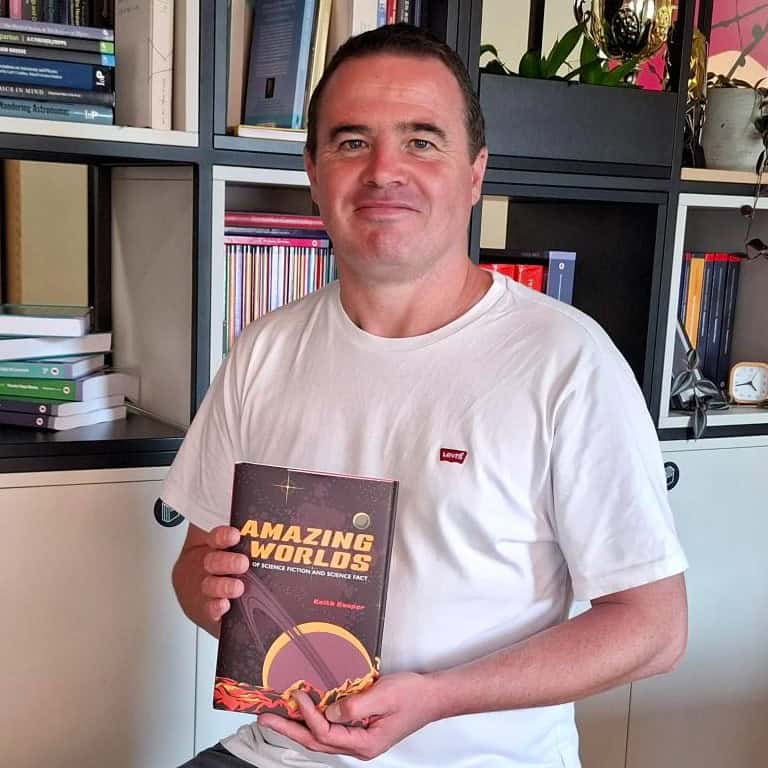
In the past three decades astronomers have discovered more than 6000 exoplanets – planets that orbit stars other than the Sun. Many of these exoplanets are very unlike the eight planets of the solar system, making it clear that the cosmos contains a rich and varied array of alien worlds.
Weird and wonderful planets are also firmly entrenched in the world of science fiction, and the interplay between imagined and real planets is explored in the new book Amazing Worlds of Science Fiction and Science Fact. Its author Keith Cooper is my guest in this episode of the Physics Wo...
Peer review in the age of artificial intelligence
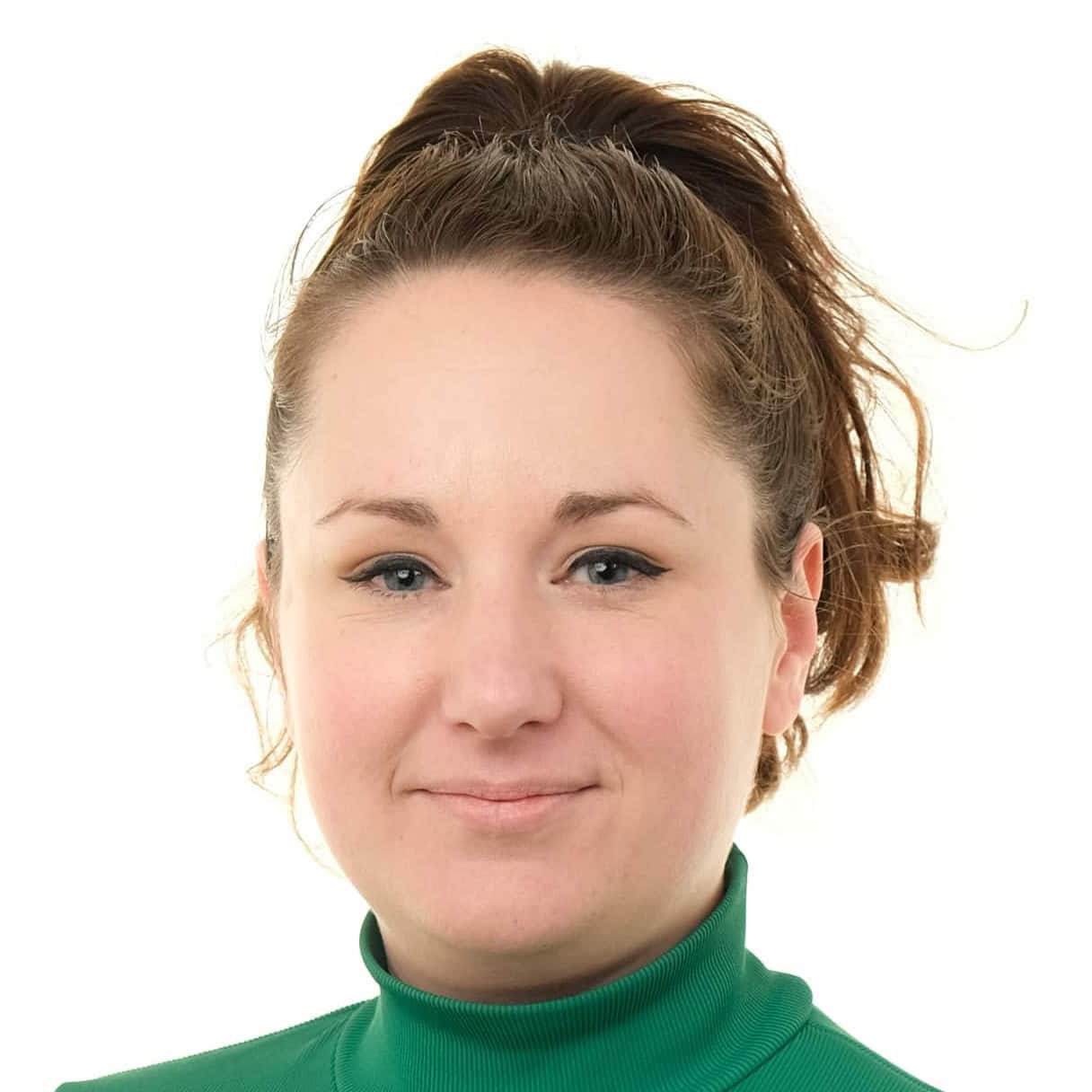
It is Peer Review Week and the theme for 2025 is “Rethinking Peer Review in the AI Era”. This is not surprising given the rapid rise in the use and capabilities of artificial intelligence. However, views on AI are deeply polarized for reasons that span its legality, efficacy and even its morality.
A recent survey done by IOP Publishing – the scientific publisher that brings you Physics World – reveals that physicists who do peer review are polarized regarding whether AI should be used in the process.
IOPP’s Laura Feetham-Walker is lead author of AI and Peer Review 202...
Juno: the spacecraft that is revolutionizing our understanding of Jupiter
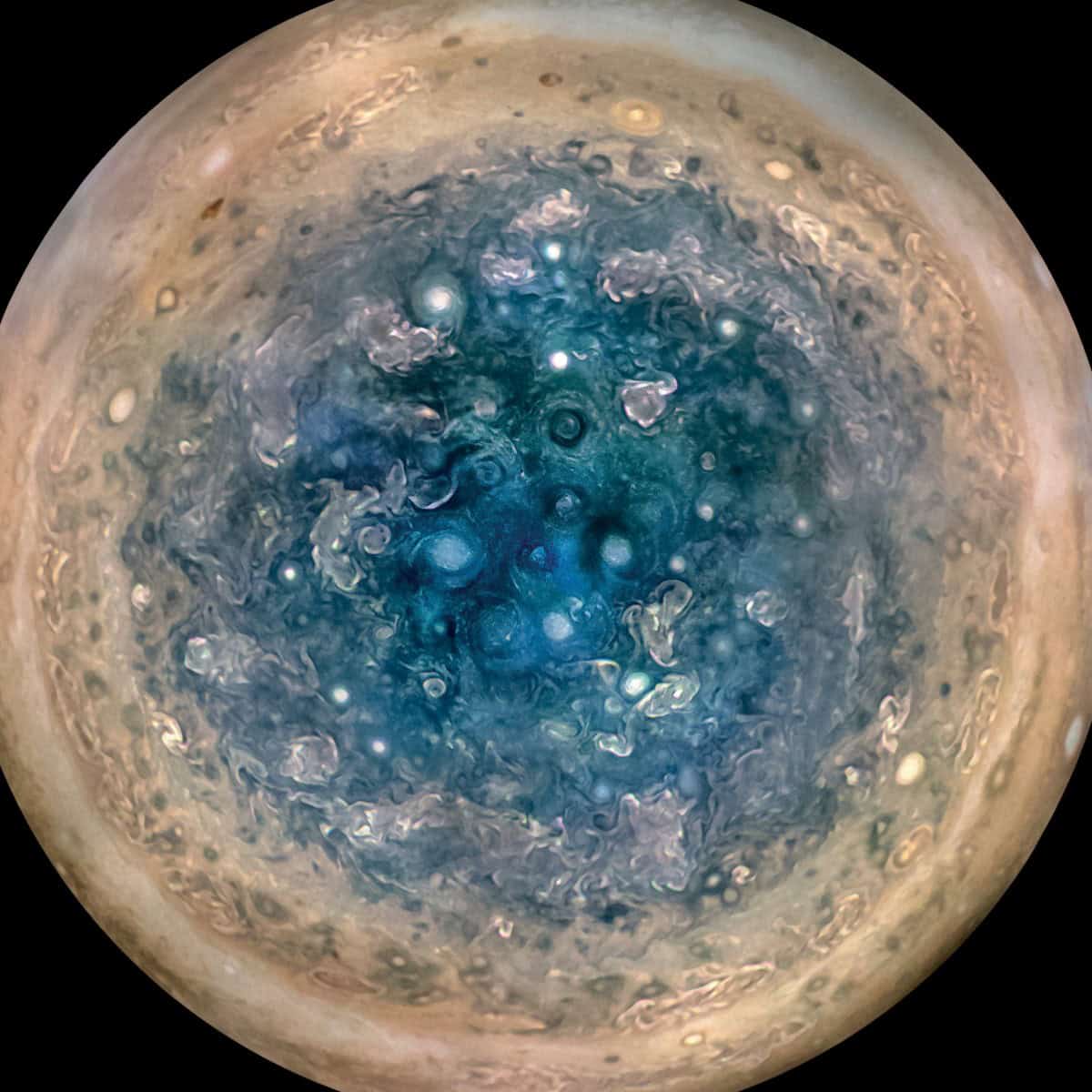
This episode of the Physics World Weekly podcast features Scott Bolton, who is principal investigator on NASA’s Juno mission to Jupiter. Launched in 2011, the mission has delivered important insights into the nature of the gas-giant planet. In this conversation with Physics World’s Margaret Harris, Bolton explains how Juno continues to change our understanding of Jupiter and other gas giants.
Bolton and Harris chat about the mission’s JunoCam, which has produced some gorgeous images of Jupiter and it moons.
Although the Juno mission was expected to last only a few years, the spacecraft is sti...
Artificial intelligence predicts future directions in quantum science
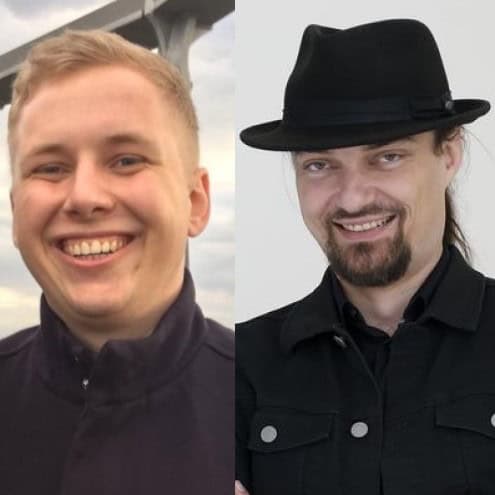
Can artificial intelligence predict future research directions in quantum science? Listen to this episode of the Physics World Weekly podcast to discover what is already possible.
My guests are Mario Krenn – who heads the Artificial Scientist Lab at Germany’s Max Planck Institute for the Science of Light – and Felix Frohnert, who is doing a PhD on the intersection of quantum physics and machine learning at Leiden University in the Netherlands.
Frohnert, Krenn and colleagues published a paper earlier this year called “Discovering emergent connections in quantum physics research via dynamic word embeddings” in which they analy...
From a laser lab to <em>The Economist</em>: physicist Jason Palmer on his move to journalism
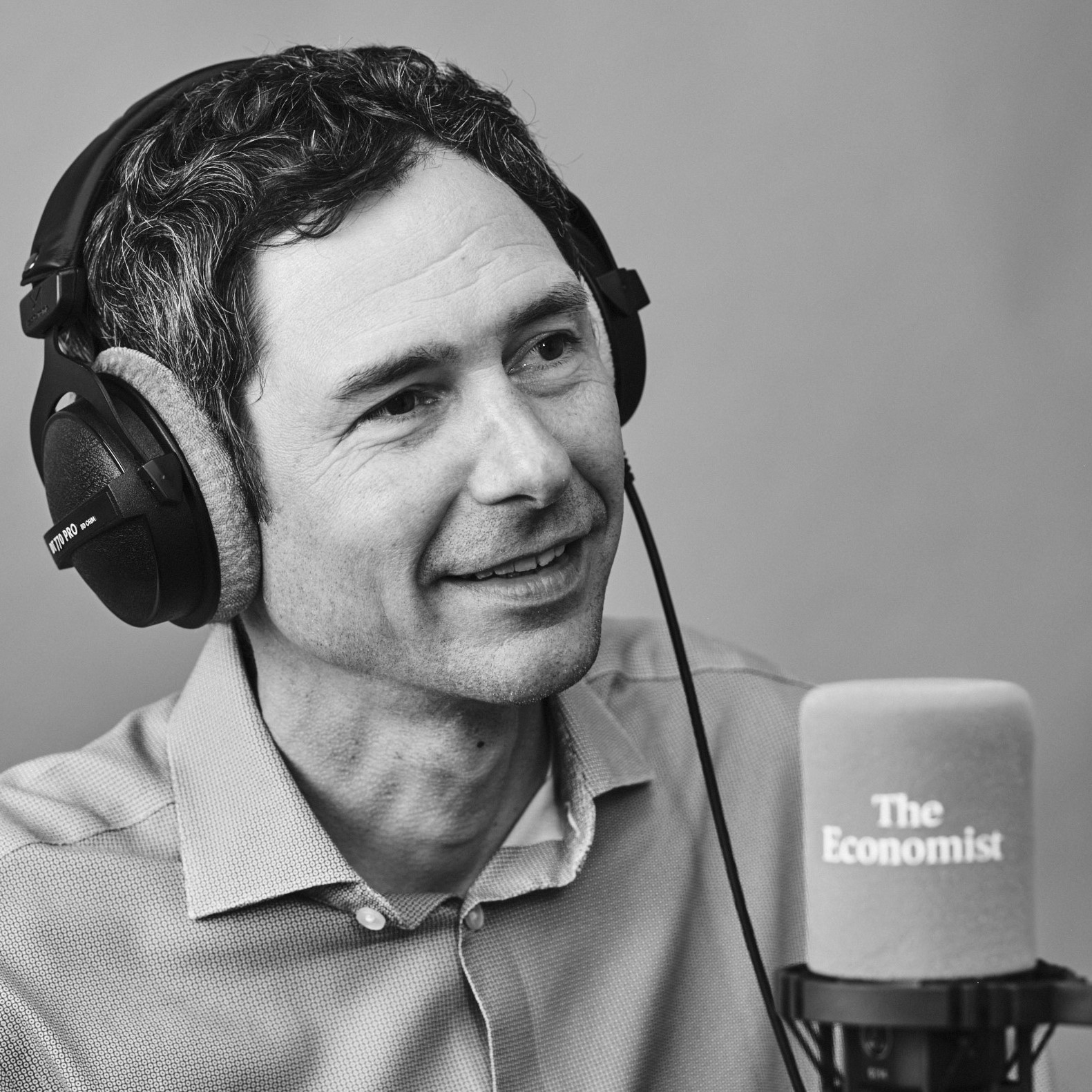
My guest in this episode of the Physics World Weekly podcast is the journalist Jason Palmer, who co-hosts “The Intelligence” podcast at The Economist.
Palmer did a PhD in chemical physics at Imperial College London before turning his hand to science writing with stints at the BBC and New Scientist.
He explains how he made the transition from the laboratory to the newsroom and offers tips for scientists planning to make the same career journey. We also chat about how artificial intelligence is changing how journalists work.
Cosmic chemistry: Ewine van Dishoeck shares her zeal for astrochemistry
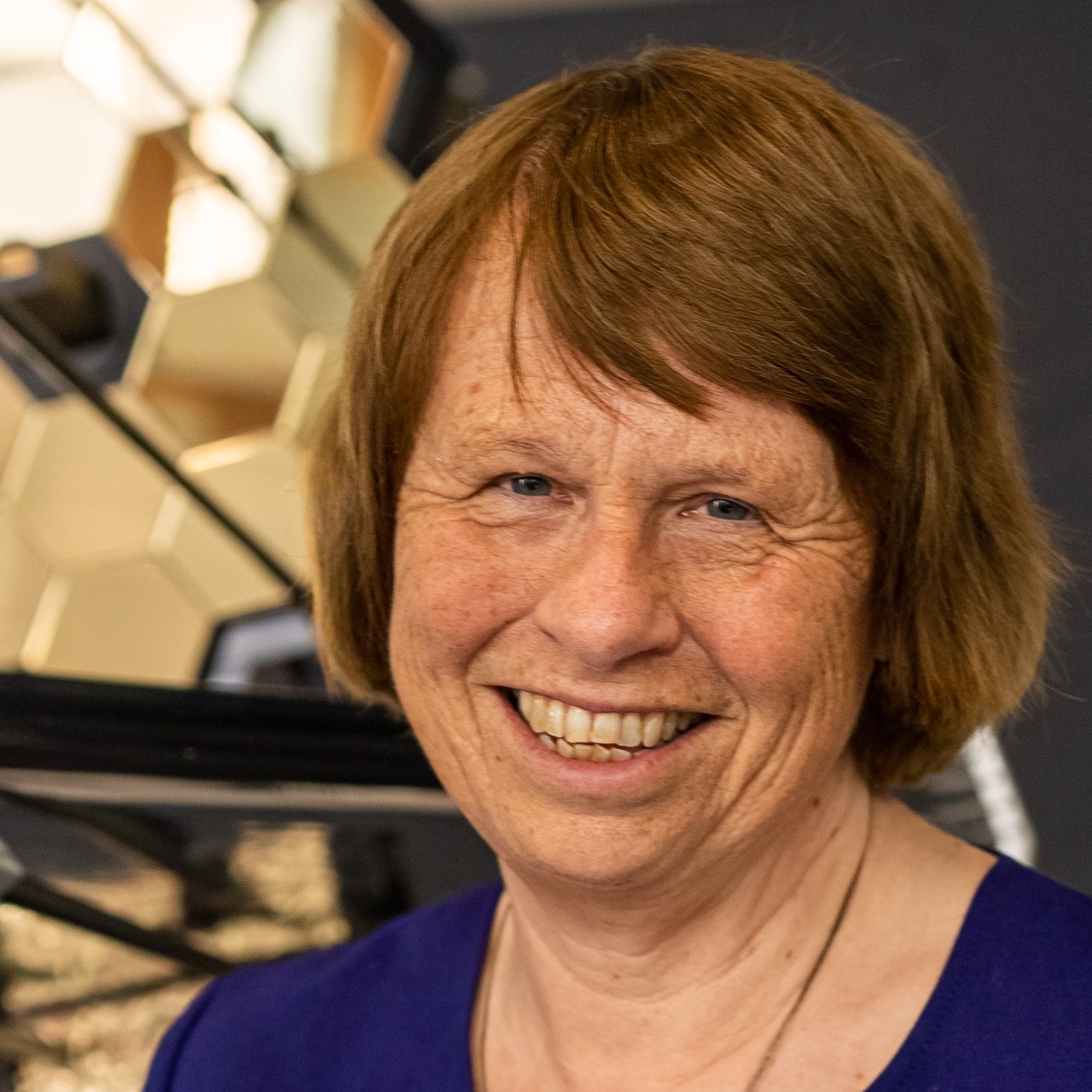
This episode features a wide-ranging interview with the astrochemist Ewine van Dishoeck, who is professor emeritus of molecular astrophysics at Leiden Observatory in the Netherlands. In 2018 she was awarded The Kavli Prize in Astrophysics and in this podcast she talks about her passion for astrochemistry and how her research combines astronomy, astrophysics, theoretical chemistry and laboratory experiments.
Van Dishoeck talks about some of the key unanswered questions in astrochemistry, including how complex molecules form on the tiny specks of dust in interstellar space. We chat about the recent growth in our understanding of exoplanets and protoplanetary discs...
Building a quantum powerhouse in the US Midwest
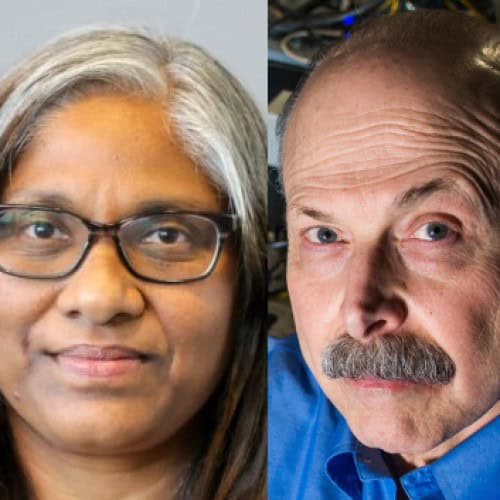
In this episode of the Physics World Weekly podcast I am in conversation two physicists who are leading lights in the quantum science and technology community in the US state of Illinois. They are Preeti Chalsani who is chief quantum officer at Intersect Illinois, and David Awschalom who is director of Q-NEXT.
As well as being home to Chicago, the third largest urban area in the US, the state also hosts two national labs (Fermilab and Argonne) and several top universities. In this episode, Awschalom and Chalsani explain how the state is establishing itself as a burgeoning...
Building a career from a passion for science communication
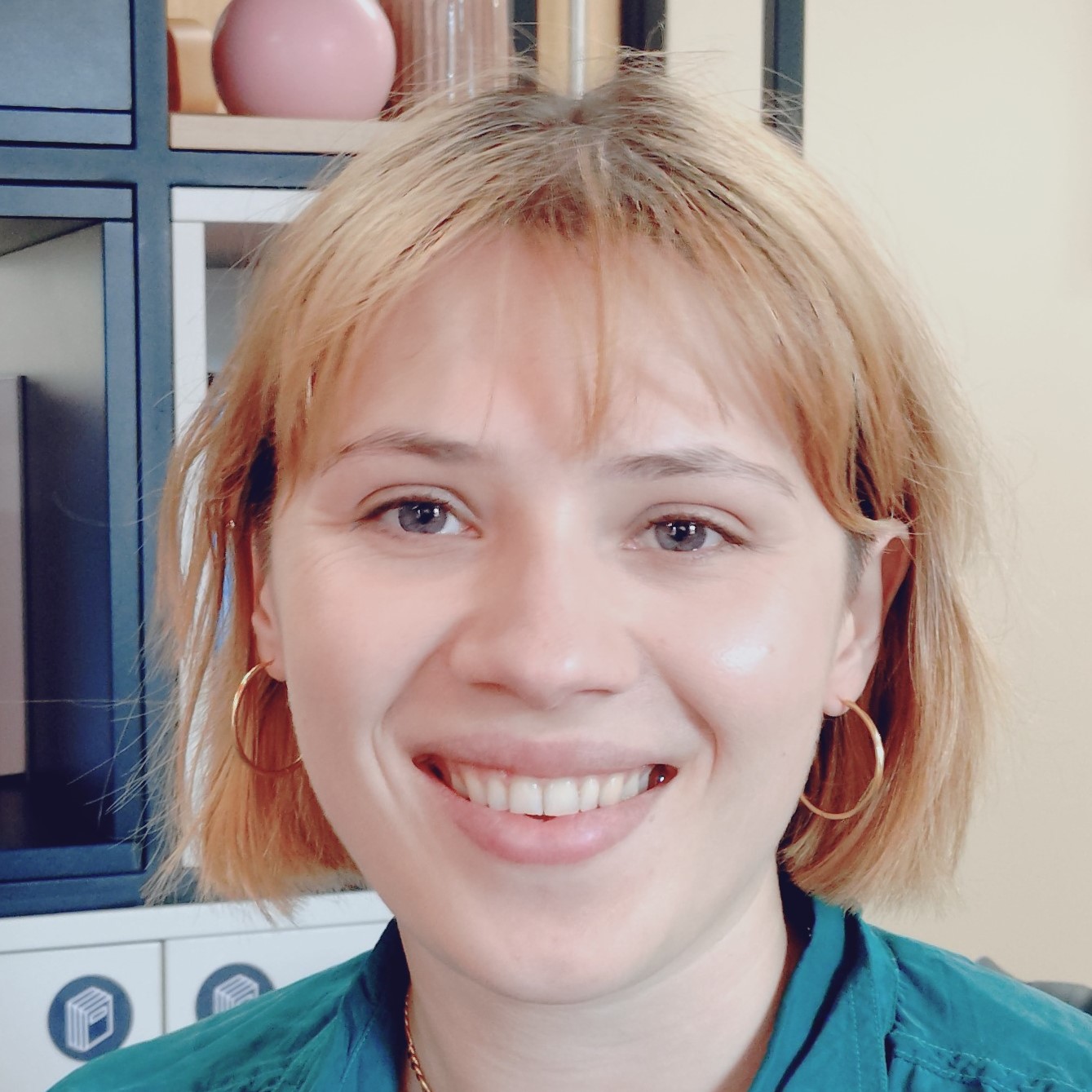
This episode of the Physics World Weekly podcast features an interview with Kirsty McGhee, who is a scientific writer at the quantum-software company Qruise. It is the second episode in our two-part miniseries on careers for physicists.
While she was doing a PhD in condensed matter physics, McGhee joined Physics World’s Student Contributors Network. This involved writing articles about peer-reviewed research and also proof reading articles written by other contributors.
McGhee explains how the network broadened her knowledge of physics and improved her communication skills. She also says that potential employers looked favourably on he...
Third age careers for physicists: writing and the arts beckon
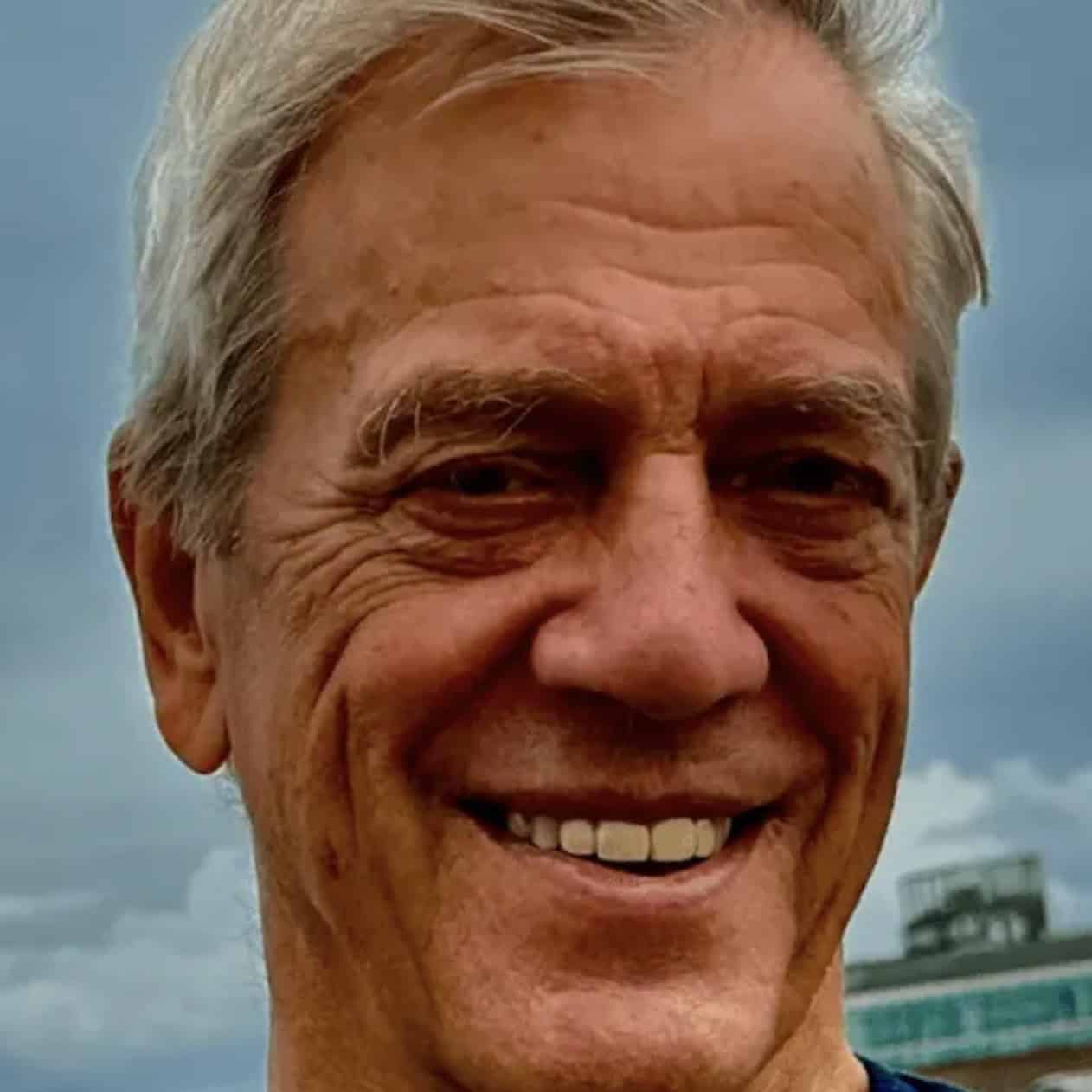
Many of us will have careers with three distinct eras: education, work and retirement. While the first two tend to be regimented, the third age offers the possibility of pursuing a wide range of interests.
Our guest in this episode of the Physics World Weekly podcast is the retired particle physicist Michael Albrow, who is scientist emeritus at Fermilab in the US. He has just published his book Space Times Matter: One Hundred Short Stories About The Universe, which is a collection of brief essays and poems related to science.
Much of the book comes...
From rabbits and foxes to the human gut microbiome, physics is helping us understand the natural world
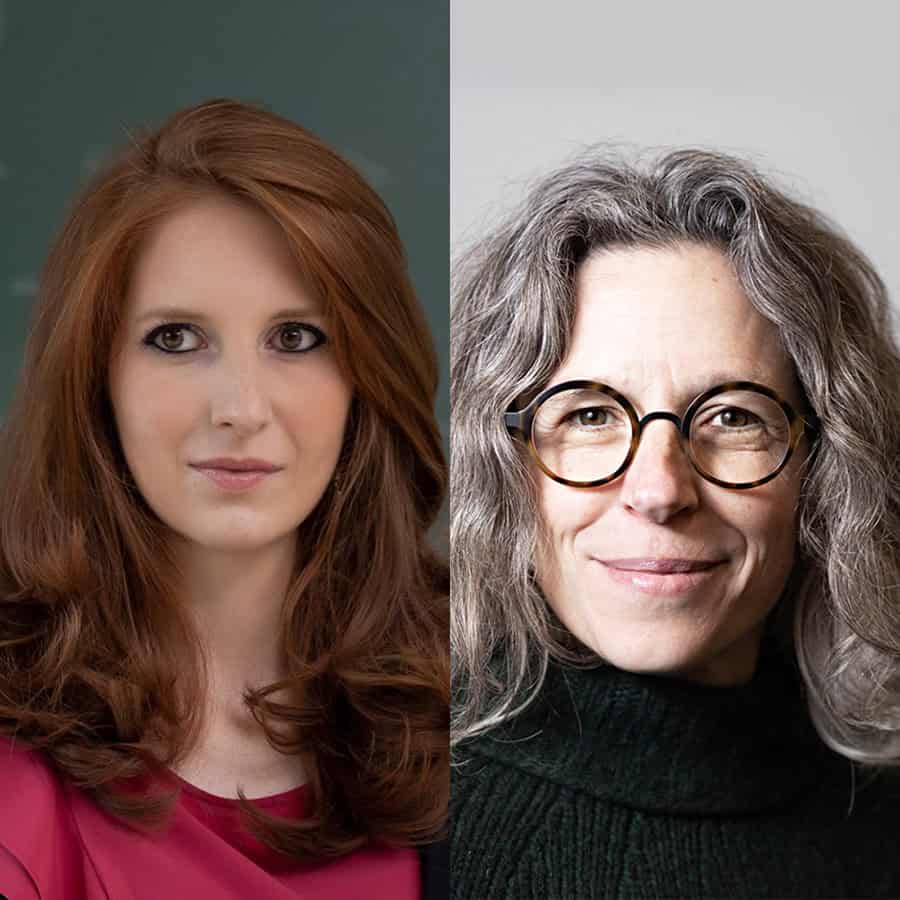
This episode of the Physics World Weekly podcast is a conversation with two physicists, Ada Altieri and Silvia De Monte, who are using their expertise in statistical physics to understand the behaviour of ecological communities.
A century ago, pioneering scientists such as Alfred Lotka and Vito Volterra showed that statistical physics techniques could explain – and even predict – patterns that ecologists observe in nature. At first, this work focused on simple ecosystems containing just one or two species (such as rabbits and foxes), which are relatively easy to model.
Nowadays, though, researchers such as Altieri and De M...
Oak Ridge’s Quantum Science Center takes a multidisciplinary approach to developing quantum materials and technologies
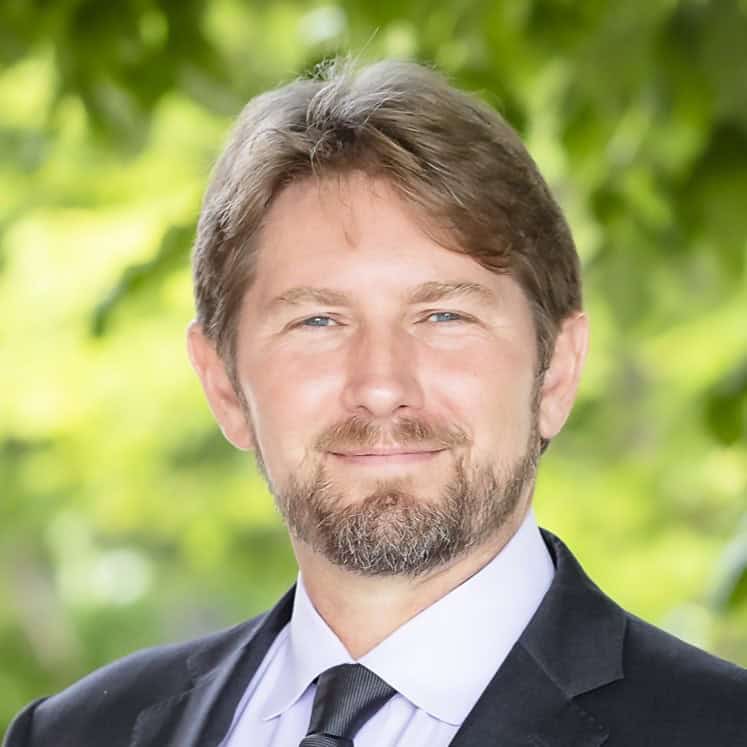
This episode of the Physics World Weekly podcast features Travis Humble, who is director of the Quantum Science Center at Oak Ridge National Laboratory.
Located in the US state of Tennessee, Oak Ridge is run by the US Department of Energy (DOE). The Quantum Science Center links Oak Ridge with other US national labs, universities and companies.
Humble explains how these collaborations ensure that Oak Ridge’s powerful facilities and instruments are used to create new quantum technologies. He also explains how the lab’s expertise in quantum and conventional computing is benefiting the academic and...
Inside ATLAS: Sara Alderweireldt explains how the CERN experiment homes in on new physics
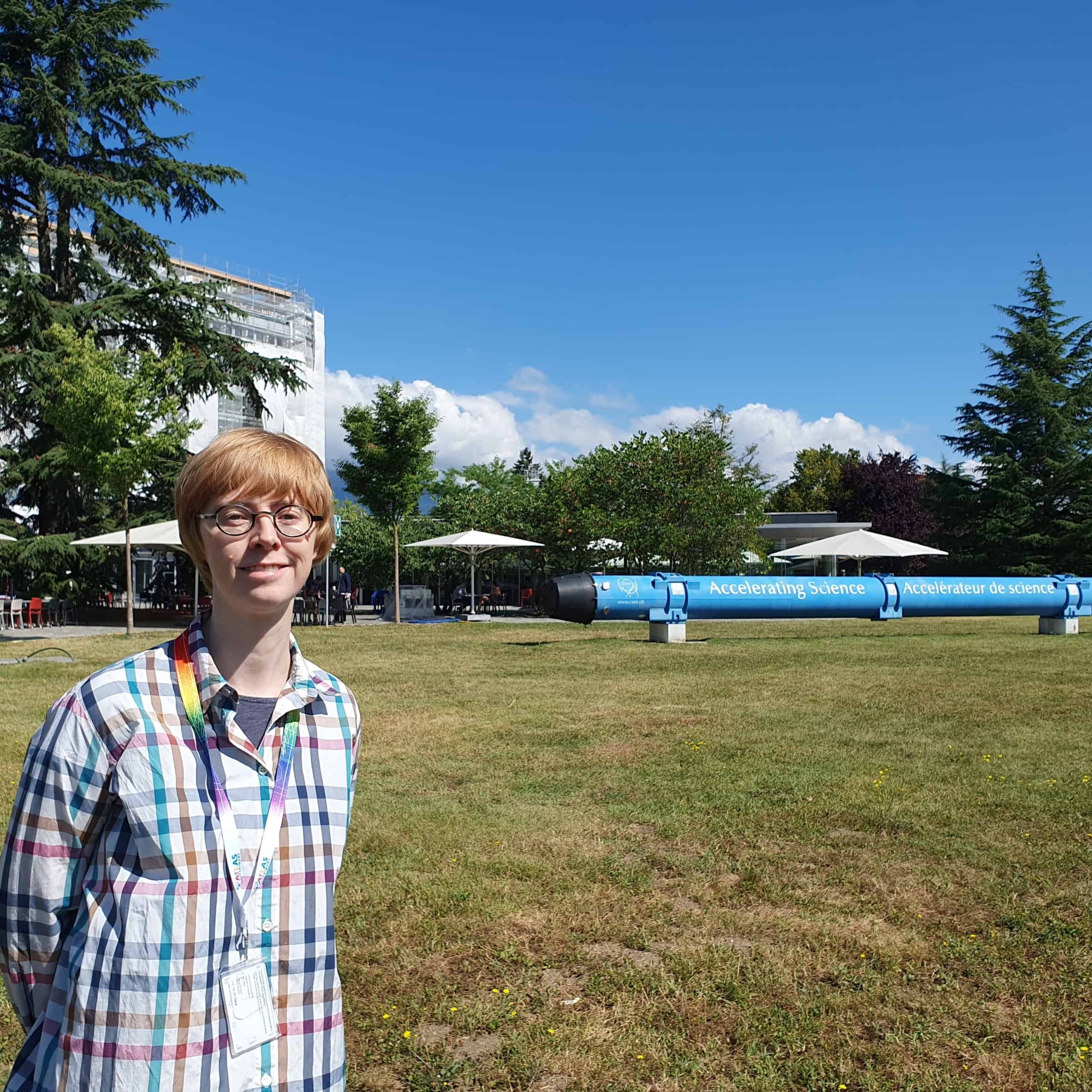
This podcast features an interview with Sara Alderweireldt, who is a physicist working on the ATLAS experiment at CERN – the world-famous physics lab that straddles the Swiss-French border and is home to the Large Hadron Collider (LHC).
Based at the UK’s University of Edinburgh, Alderweireldt is in conversation with Physics World’s Margaret Harris and explains how physicists sift through the vast amount of information produced by ATLAS’ myriad detectors in search of new physics.
They also chat about the ongoing high-luminosity upgrade to the LHC and its experiments – which will be finished in 2030 – and the chal...
Making science careers more accessible to people with disabilities
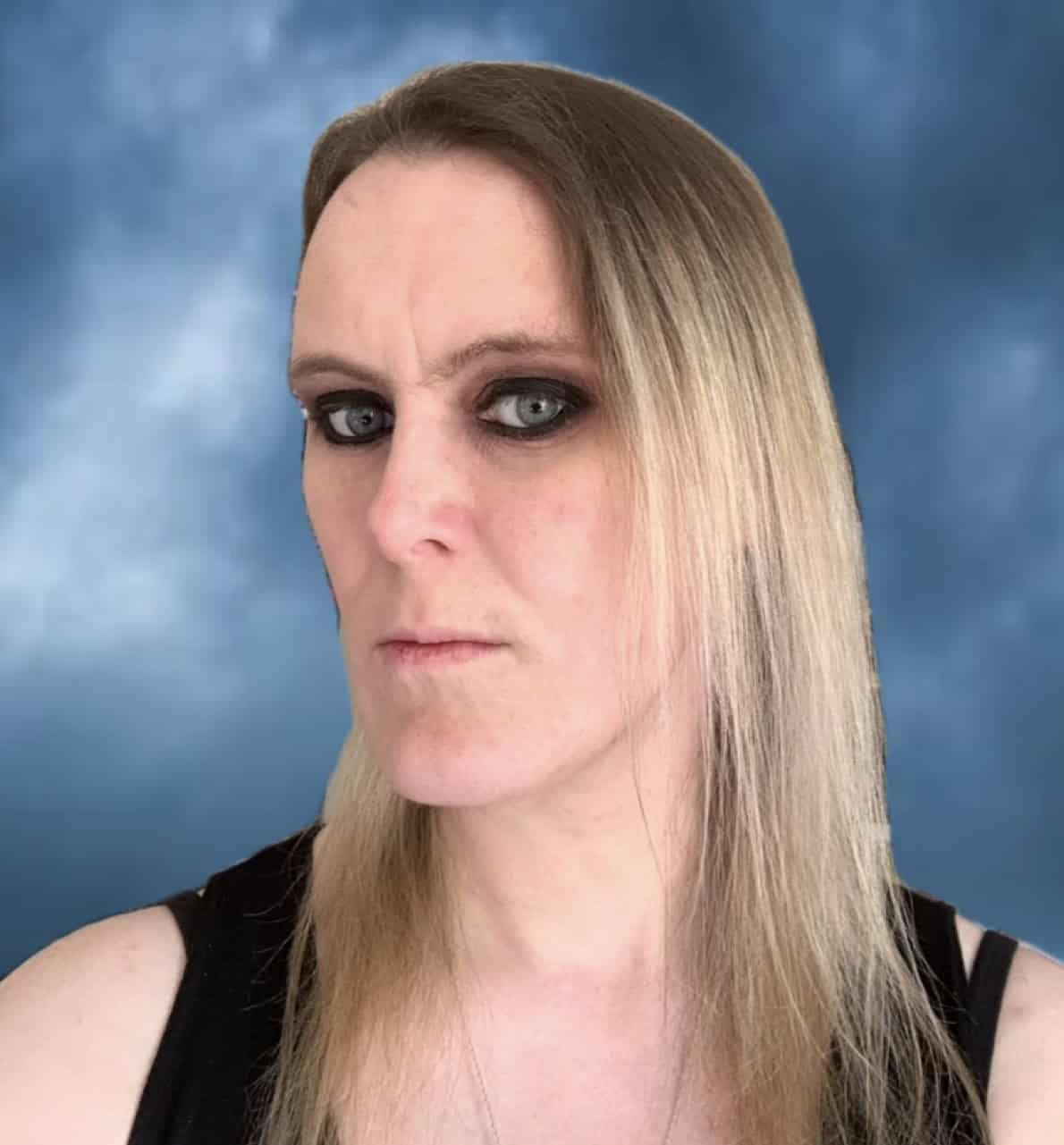
According to a recent white paper from the UK’s National Association of Disabled Staff Networks, 22% of working-age people in the UK have a disability compared to less than 7% of people working in science. At the upper echelons of science, only 4% of senior academic positions are filled with people with disabilities and just 1% of research grant applications to UK Research and Innovation are from researchers who disclose being disabled.
These disappointing statistics are reported in “Towards a fully inclusive environment for disabled people in STEMM” and this podcast features an interview with one of its authors – the physicis...
Reversible computing could help solve AI’s looming energy crisis
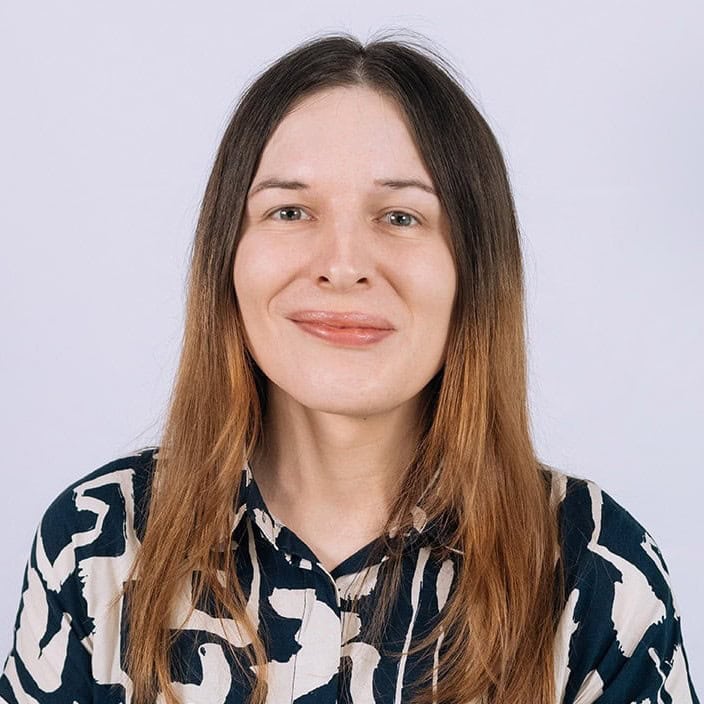
This episode of the Physics World Weekly podcast features Hannah Earley, a mathematician and physicist who is chief technical officer and co-founder of Vaire Computing.
The company is developing hardware for reversible computing, a paradigm with the potential to reduce significantly the energy required to do computations – which could be a boon for power-hungry applications like artificial intelligence.
In a conversation with Physics World’s Margaret Harris, Earley talks about the physics, engineering and commercialization of reversible computing. They also chat about the prototype chips that Vaire is currently working on and the company’s plans...
Helgoland: leading scientists reflect on 100 years of quantum physics and look to the future

Last week, Physics World’s Matin Durrani boarded a ferry in Hamburg that was bound for Helgoland – an archipelago in the North Sea about 70 km off the north-west coast of Germany.
It was a century ago in Helgoland that the physicist Werner Heisenberg devised the mathematical framework that underpins our understanding of quantum physics.
Matin was there with some of the world’s leading quantum physicists for the conference Helgoland 2025: 100 Years of Quantum Mechanics – which celebrated Heisenberg’s brief stay in Helgoland.
He caught up with three eminent physicists and asked them to reflect on...
Exploring careers in healthcare for physicists and engineers
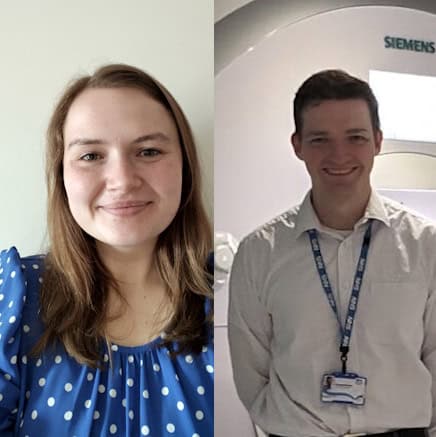
In this episode of the Physics World Weekly podcast we explore the career opportunities open to physicists and engineers looking to work within healthcare – as medical physicists or clinical engineers.
Physics World’s Tami Freeman is in conversation with two early-career physicists working in the UK’s National Health Service (NHS). They are Rachel Allcock, a trainee clinical scientist at University Hospitals Coventry and Warwickshire NHS Trust, and George Bruce, a clinical scientist at NHS Greater Glasgow and Clyde. We also hear from Chris Watt, head of communications and public affairs at IPEM, about the new IPEM career...
Richard Bond and George Efstathiou: meet the astrophysicists who are shaping our understanding of the early universe
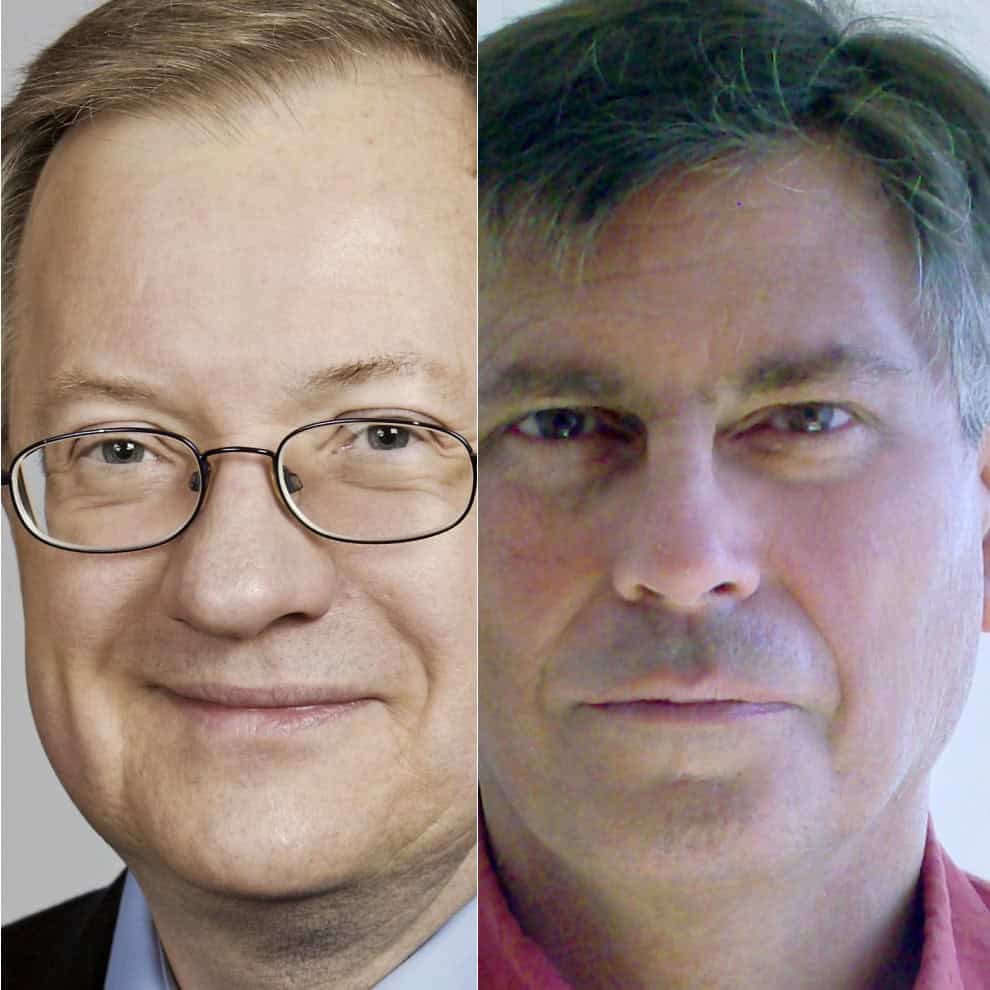
This episode of the Physics World Weekly podcast features George Efstathiou and Richard Bond, who share the 2025 Shaw Prize in Astronomy, “for their pioneering research in cosmology, in particular for their studies of fluctuations in the cosmic microwave background (CMB). Their predictions have been verified by an armada of ground-, balloon- and space-based instruments, leading to precise determinations of the age, geometry, and mass-energy content of the universe.”
Bond and Efstathiou talk about how the CMB emerged when the universe was just 380,000 years old and explain how the CMB is observed today. They explain why studying fluctuations in t...
Teaching quantum physics to everyone: pictures offer a new way of understanding
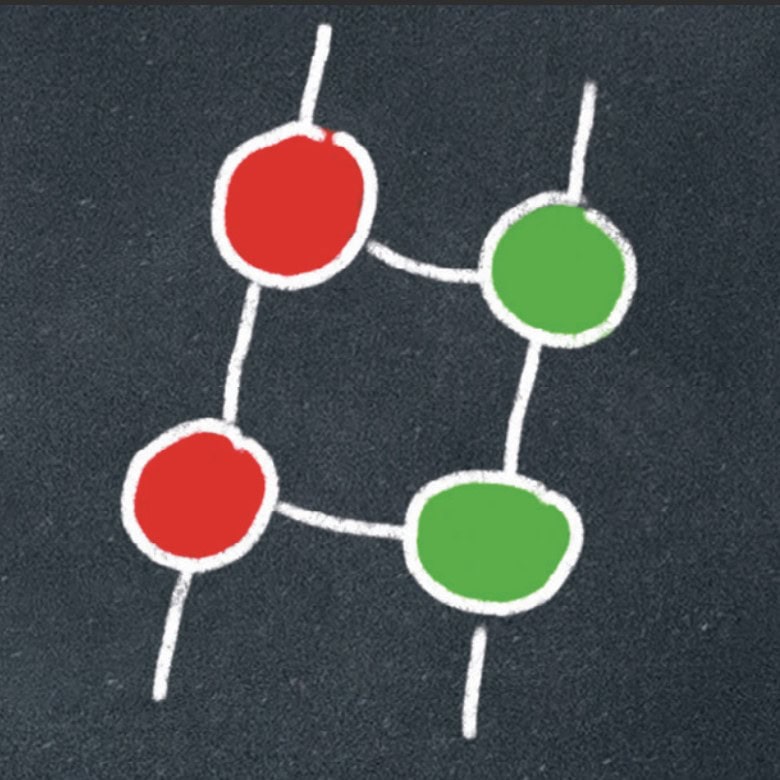
Quantum science is enjoying a renaissance as nascent quantum computers emerge from the lab and quantum sensors are being used for practical applications.
As the technologies we use become more quantum in nature, it follows that everyone should have a basic understanding of quantum physics. To explore how quantum physics can be taught to the masses, I am joined by Arjan Dhawan, Aleks Kissinger and Bob Coecke – who are all based in the UK.
Coecke is chief scientist at Quantinuum – which develops quantum computing hardware and software. Kissinger is associate professor of quantum computing at the...
A Martian aurora, how the universe fades away, Heisenberg on holiday, physics of fake coins
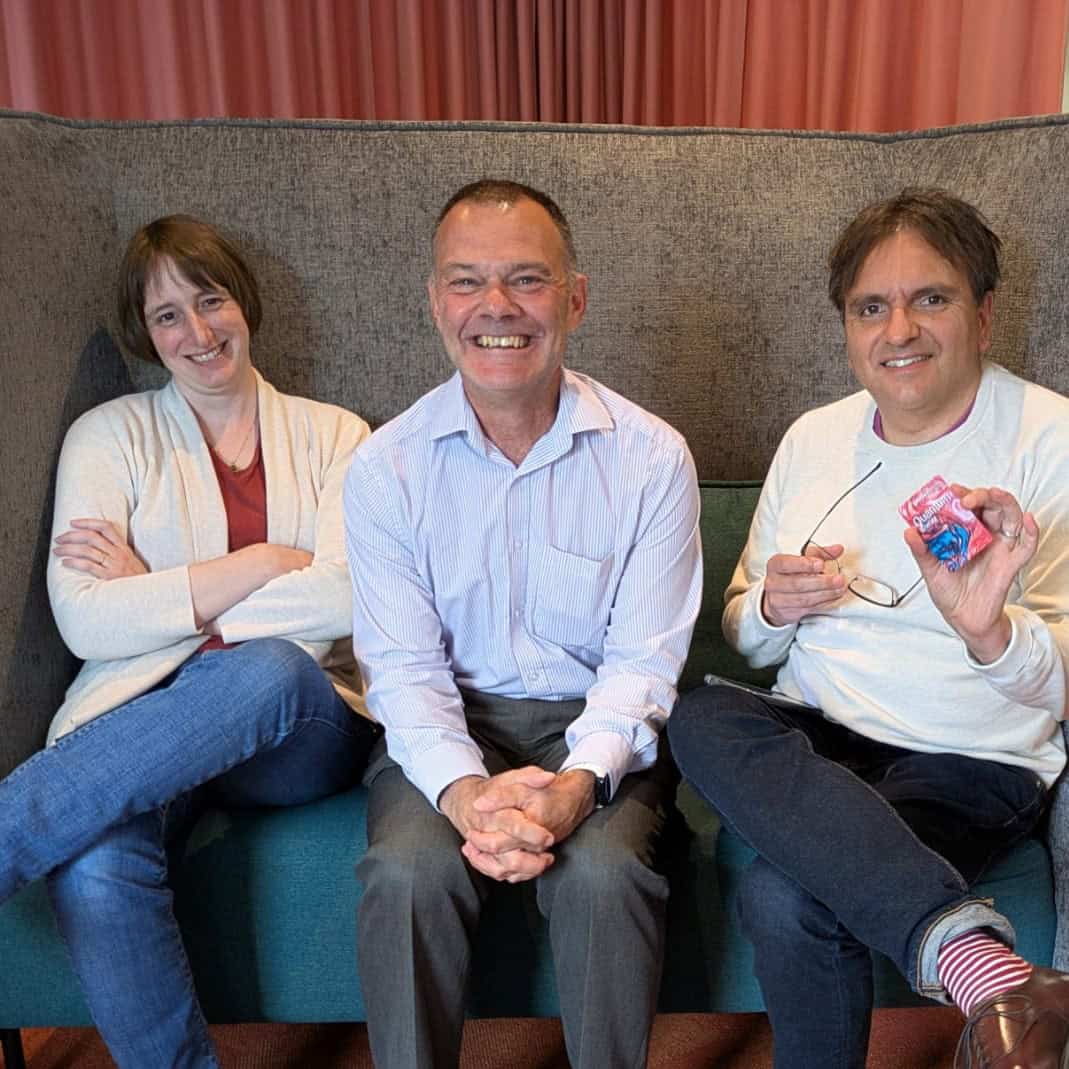
In this episode of the Physics World Weekly podcast I look at what’s new in the world of physics with the help of my colleagues Margaret Harris and Matin Durrani.
We begin on Mars, where NASA’s Perseverance Rover has made the first observation of an aurora from the surface of the Red Planet. Next, we look deep into the future of the universe and ponder the physics that will govern how the last stars will fade away.
Then, we run time in reverse and go back to the German island of Helgoland, where in 1...
Quantum computing for artists, musicians and game designers
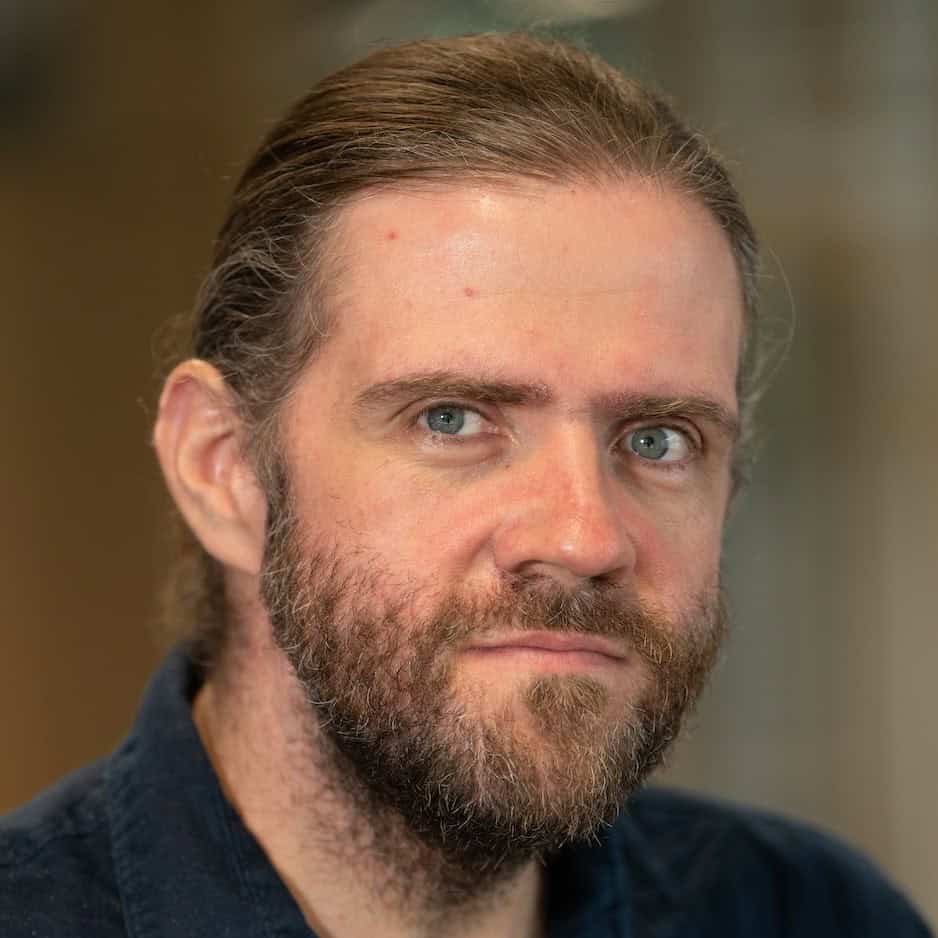
Many creative industries rely on cutting-edge digital technologies, so it is not surprising that this sector could easily become an early adopter of quantum computing.
In this episode of the Physics World Weekly podcast I am in conversation with James Wootton, who is chief scientific officer at Moth Quantum. Based in the UK and Switzerland, the company is developing quantum-software tools for the creative industries – focusing on artists, musicians and game developers.
Wootton joined Moth Quantum in September 2024 after working on quantum error correction at IBM. He also has long-standing interest in quantum gaming and cr...
Molecular engineering and battery recycling: developing new technologies in quantum, medicine and energy
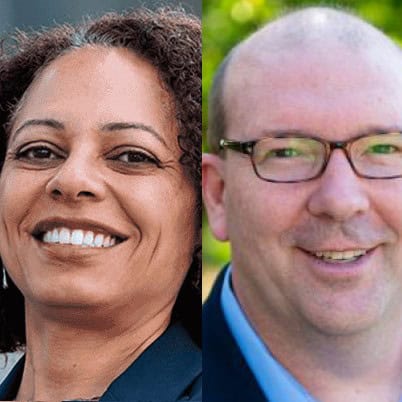
This episode of the Physics World Weekly podcast comes from the Chicago metropolitan area – a scientific powerhouse that is home to two US national labs and some of the country’s leading universities.
Physics World’s Margaret Harris was there recently and met Nadya Mason. She is dean of the Pritzker School of Molecular Engineering at the University of Chicago, which focuses on quantum engineering; materials for sustainability; and immunoengineering. Mason explains how molecular-level science is making breakthroughs in these fields and she talks about her own research on the electronic properties of nanoscale and correlated systems.
...
Ferenc Krausz explains how ultrashort laser pulses could help detect disease
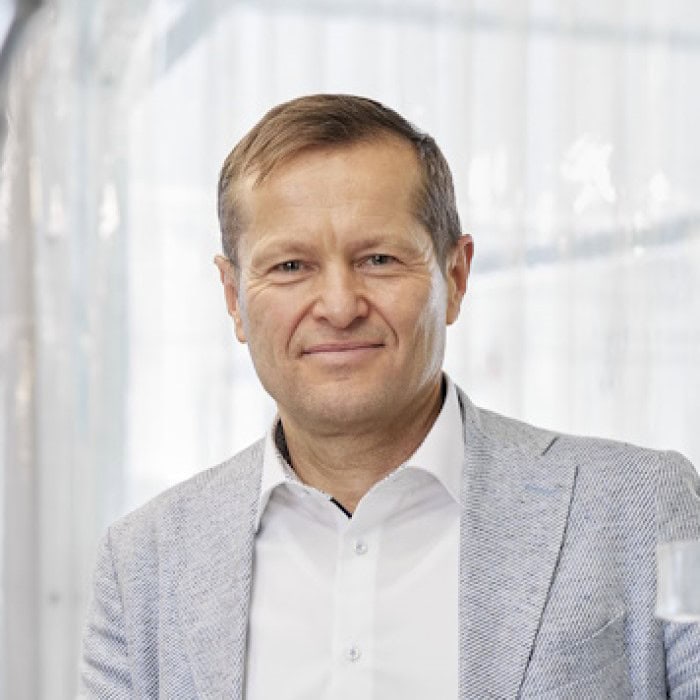
This episode of the Physics World Weekly podcast features the Nobel laureate Ferenc Krausz. He is director of the Max-Planck Institute of Quantum Optics and a professor at LMU Munich, both in Germany, and CEO and scientific director of the Center for Molecular Fingerprinting in Budapest, Hungary.
In a conversation with Physics World’s Tami Freeman Krausz talks about his research into using ultrashort-pulsed laser technology to develop a diagnostic tool for early disease detection. He also discusses his collaboration with Semmelweis University to establish the John von Neumann Institute for Data Science, and describes the Science4Pe...
Driving skills and innovation in the UK’s semiconductor industry
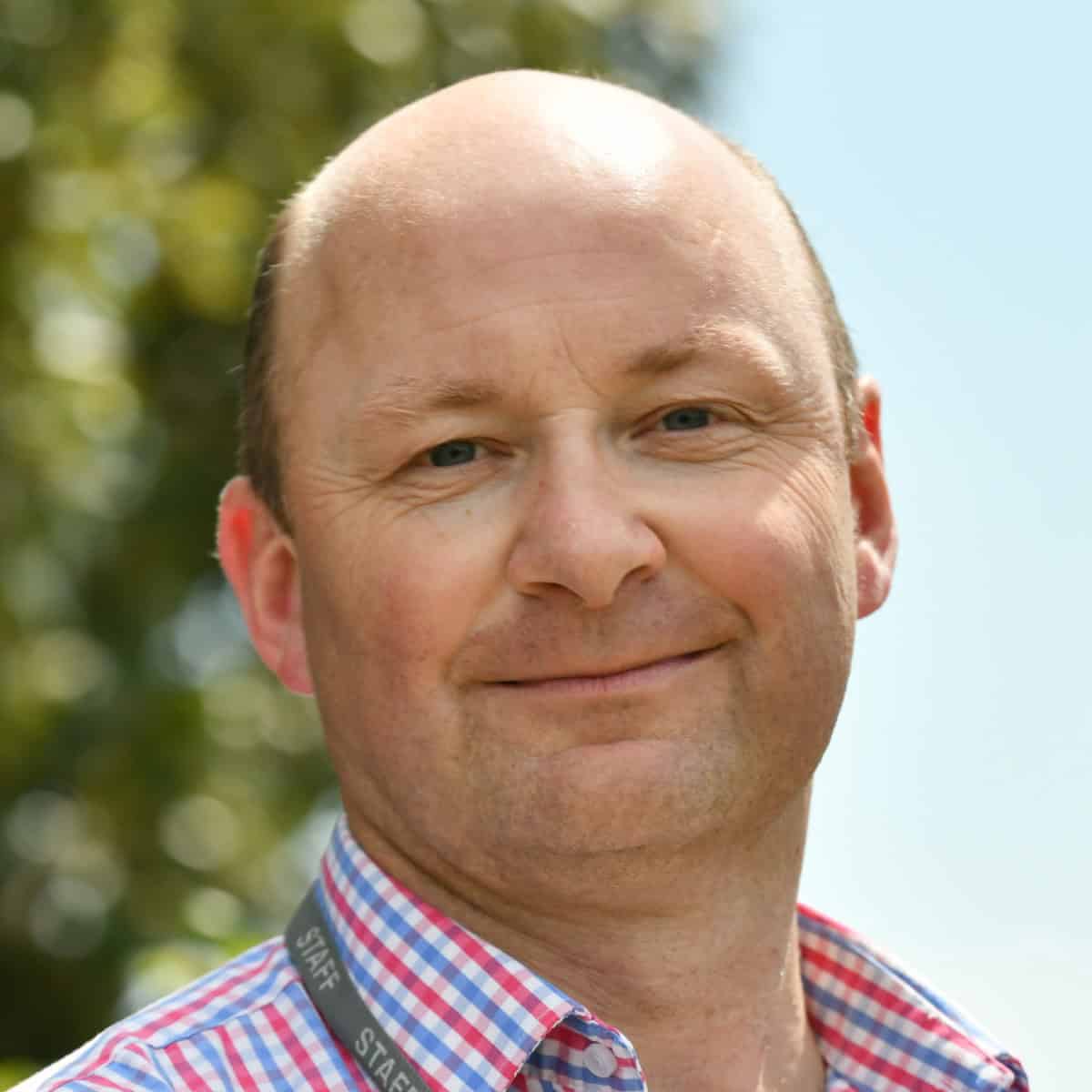
This episode of the Physics World Weekly podcast features the materials scientist Paul Meredith, who is director of the Centre for Integrative Semiconductor Materials (CISM) at the UK’s Swansea University.
In a conversation with Physics World’s Matin Durrani, Meredith talks about the importance of semiconductors in a hi-tech economy and why it is crucial for the UK to have a homegrown semiconductor industry.
Founded in 2020, CISM moved into a new, state-of-the-art £50m building in 2023 and is now in its first full year of operation. Meredith explains how technological innovation and skills training at CSIM...
Radiosurgery made easy: the role of the Gamma Knife in modern radiotherapy
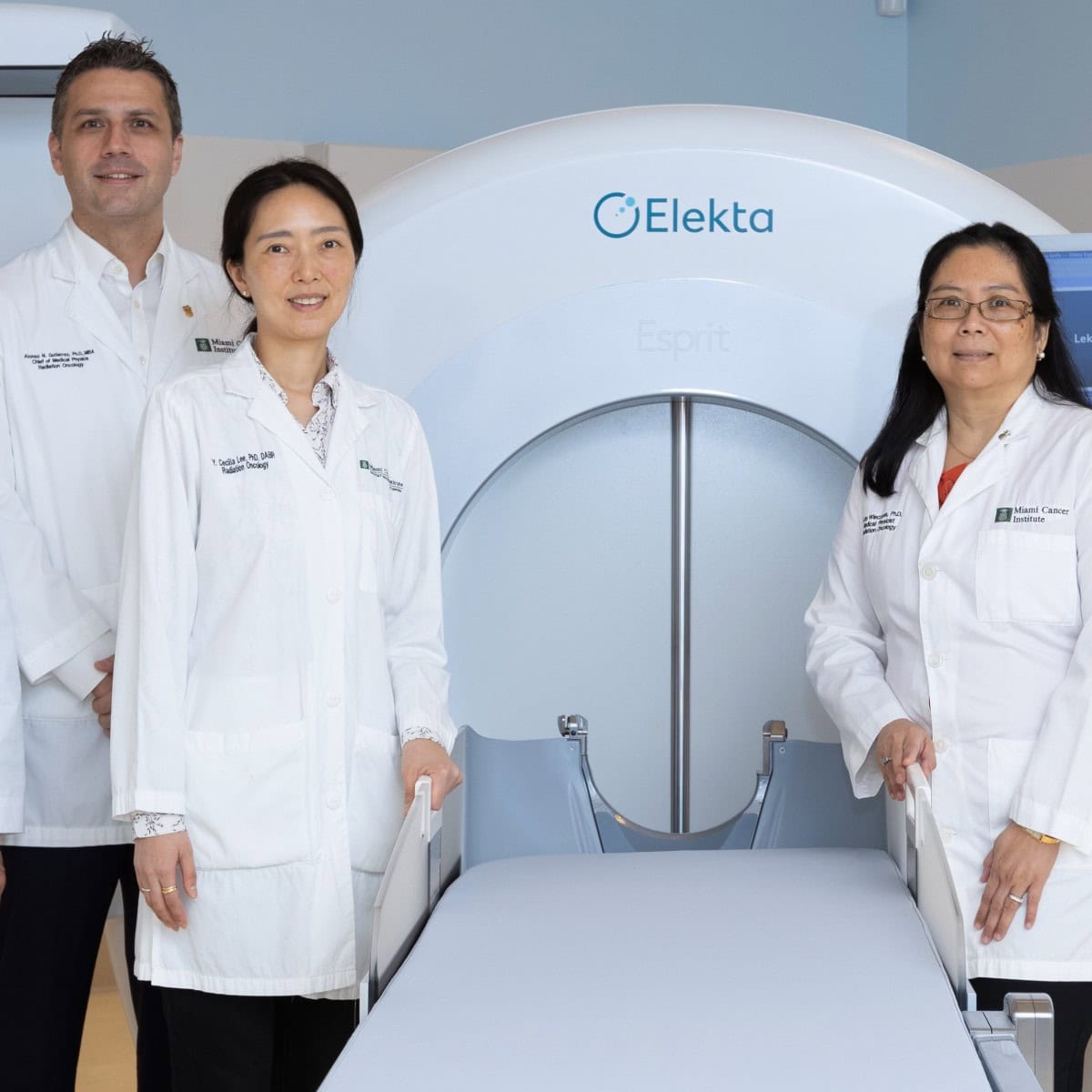
This podcast features Alonso Gutierrez, who is chief of medical physics at the Miami Cancer Institute in the US. In a wide-ranging conversation with Physics World’s Tami Freeman, Gutierrez talks about his experience using Elekta’s Leksell Gamma Knife for radiosurgery in a busy radiotherapy department.
This podcast is sponsored by Elekta.
Non-invasive pressure sensor could revolutionize how brain injuries are diagnosed
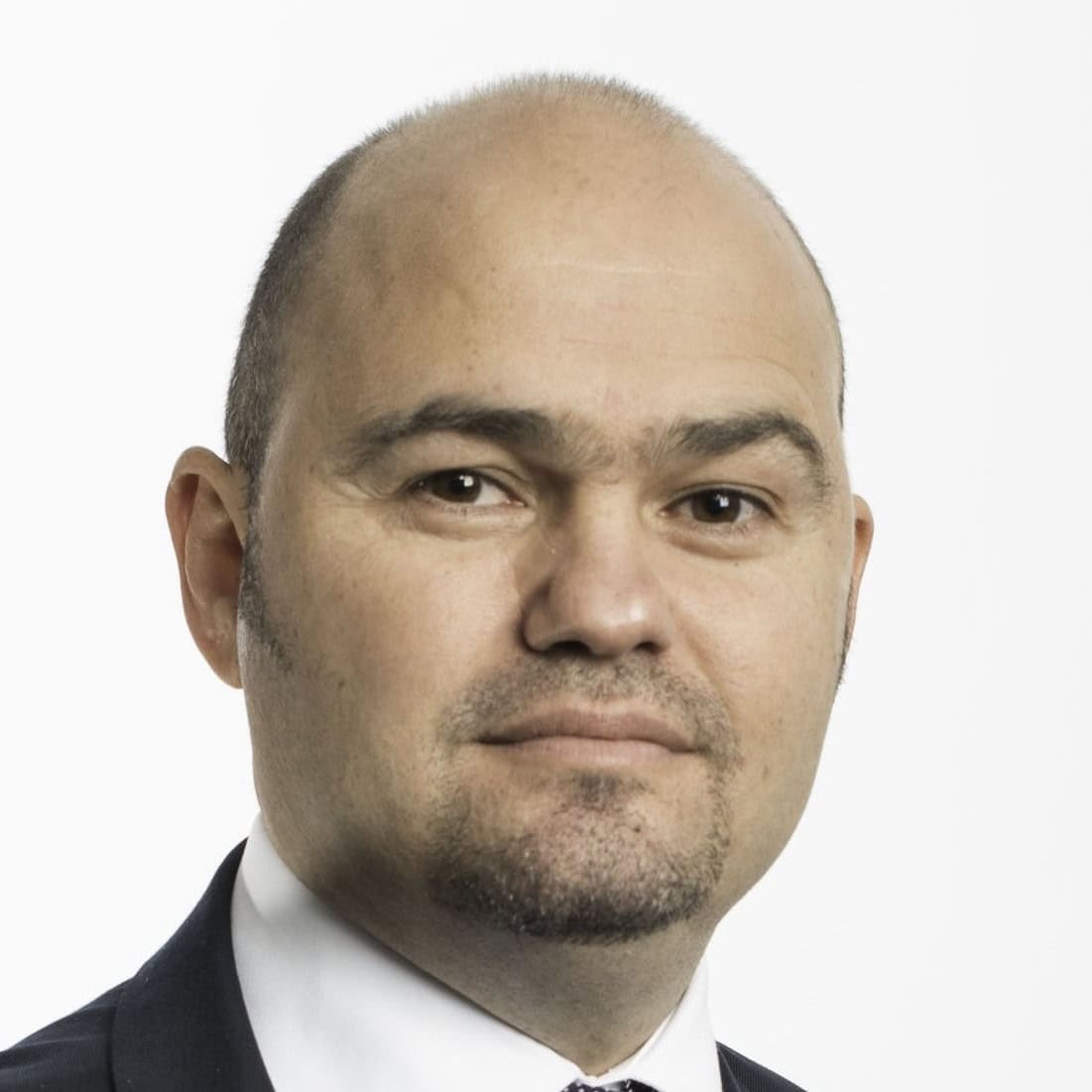
This episode of the Physics World Weekly podcast features an interview with Panicos Kyriacou, who is chief scientist at the UK-based start-up Crainio. The company has developed a non-invasive way of using light to measure the pressure inside the skull. Knowing this intracranial pressure is crucial when diagnosing traumatic brain injury, which a leading cause of death and disability. Today, the only way to assess intracranial pressure is to insert a sensor into the patient’s brain, so Crainio’s non-invasive technique could revolutionize how brain injuries are diagnosed and treated.
Kyriacou tells Physics World’s Tami Freema...
William Phillips: Nobel laureate talks about his passion for quantum physics

This episode of the Physics World Weekly podcast features William Phillips, who shared the 1997 Nobel Prize for Physics for his work on cooling and trapping atoms using laser light.
In a wide-ranging conversation with Physics World’s Margaret Harris, Phillips talks about his long-time fascination with quantum physics – which began with an undergraduate project on electron spin resonance. Phillips chats about quirky quantum phenomena such as entanglement and superposition and explains how they are exploited in atomic clocks and quantum computing. He also looks to the future of quantum technologies and stresses the importance of curiosity-led research.
<...Microsoft’s Chetan Nayak on topological qubits, the physics of bigger splashes

Last week I had the pleasure of attending the Global Physics Summit (GPS) in Anaheim California, where I rubbed shoulders with 15,0000 fellow physicists. The best part of being there was chatting with lots of different people, and in this podcast I share two of those conversations.
First up is Chetan Nayak, who is a senior researcher at Microsoft’s Station Q quantum computing research centre here in California. In February, Nayak and colleagues claimed a breakthrough in the development of topological quantum bits (qubits) based on Majorana zero modes. In principle, such qubits could enable the development of...
Artur Ekert explains how Albert Einstein and John Bell inspired quantum cryptography

When physicists got their first insights into the quantum world more than a century ago, they found it puzzling to say the least. But gradually, and through clever theoretical and experimental work, a consistent quantum theory emerged.
Two physicists that who played crucial roles in this evolution were Albert Einstein and John Bell. In this episode of the Physics World Weekly podcast the theoretical crypto-physicist Artur Ekert explains how a quantum paradox identified by Einstein and colleagues in 1935 inspired a profound theoretical breakthrough by Bell three decades later.
Ekert, who splits his time between the...
Ionizing radiation: its biological impacts and how it is used to treat disease

This episode of the Physics World Weekly podcast features Ileana Silvestre Patallo, a medical physicist at the UK’s National Physical Laboratory, and Ruth McLauchlan, consultant radiotherapy physicist at Imperial College Healthcare NHS Trust.
In a wide-ranging conversation with Physics World’s Tami Freeman, Patallo and McLauchlan explain how ionizing radiation such as X-rays and proton beams interact with our bodies and how radiation is being used to treat diseases including cancer.
This episode was created in collaboration with IPEM, the Institute of Physics and Engineering in Medicine. IPEM owns the journal Physics in Medicine & Biology.New materials for quantum technology, how ultrasound can help detect breast cancer

In this episode of the Physics World Weekly podcast, we explore how computational physics is being used to develop new quantum materials; and we look at how ultrasound can help detect breast cancer.
Our first guest is Bhaskaran Muralidharan, who leads the Computational Nanoelectronics & Quantum Transport Group at the Indian Institute of Technology Bombay. In a conversation with Physics World’s Hamish Johnston, he explains how computational physics is being used to develop new materials and devices for quantum science and technology. He also shares his personal perspective on quantum physics in this International Year of Quantum Sc...
Exploring CERN: <em>Physics World</em> visits the world’s leading particle-physics lab

In this episode of the Physics World Weekly podcast, online editor Margaret Harris chats about her recent trip to CERN. There, she caught up with physicists working on some of the lab’s most exciting experiments and heard from CERN’s current and future leaders.
Founded in Geneva in 1954, today CERN is most famous for the Large Hadron Collider (LHC), which is currently in its winter shutdown. Harris describes her descent 100 m below ground level to visit the huge ATLAS detector and explains why some of its components will soon be updated as part of the LHC’s upcom...
Jim Gates updates his theorist’s bucket list and surveys the damage being done to US science and society

This episode of the Physics World Weekly podcast features an interview with the theoretical physicist Jim Gates who is at the University of Maryland and Brown University – both in the US.
He updates his theorist’s bucket list, which he first shared with Physics World back in 2014. This is a list of breakthroughs in physics that Gates would like to see happen before he dies.
One list item – the observation or gravitational waves – happened in 2015 and Gates explains the importance of the discovery. He also explains why the observation of gravitons, which are central to a theory...
Quantum superstars gather in Paris for the IYQ 2025 opening ceremony

The United Nations Educational, Scientific and Cultural Organization (UNESCO) has declared 2025 the International Year of Quantum Science and Technology – or IYQ.
UNESCO kicked-off IYQ on 4–5 February at a gala opening ceremony in Paris. Physics World’s Matin Durrani was there, and he shares his highlights from the event in this episode of the Physics World Weekly podcast.
No fewer than four physics Nobel laureates took part in the ceremony alongside representatives from governments and industry. While some speakers celebrated the current renaissance in quantum research and the burgeoning quantum-technology sector, others called on the international commun...
How the changing environment affects solar-panel efficiency: the Indian perspective

This episode of the Physics World Weekly podcast looks at how climate and environmental change affect the efficiency of solar panels. Our guest is the climate scientist Sushovan Ghosh, who is lead author of paper that explores how aerosols, rising temperatures and other environmental factors will affect solar-energy output in India in the coming decades.
Today, India ranks fifth amongst nations in terms of installed solar-energy capacity and boosting this capacity will be crucial for the country’s drive to reduce its greenhouse gas emissions by 45% by 2030 – when compared to 2005.
While much of India is bles...
Mark Thomson looks to the future of CERN and particle physics

This episode of the Physics World Weekly podcast features Mark Thomson, who will become the next director-general of CERN in January 2026. In a conversation with Physics World’s Michael Banks, Thomson shares his vision of the future of the world’s preeminent particle physics lab, which is home to the Large Hadron Collider (LHC).
They chat about the upcoming high-luminosity upgrade to the LHC (HL-LHC), which will be completed in 2030. The interview explores long-term strategies for particle physics research and the challenges of managing large international scientific organizations. Thomson also looks back on his career in particle phys...
Helgoland: leading physicists to gather on the tiny island where quantum mechanics was born
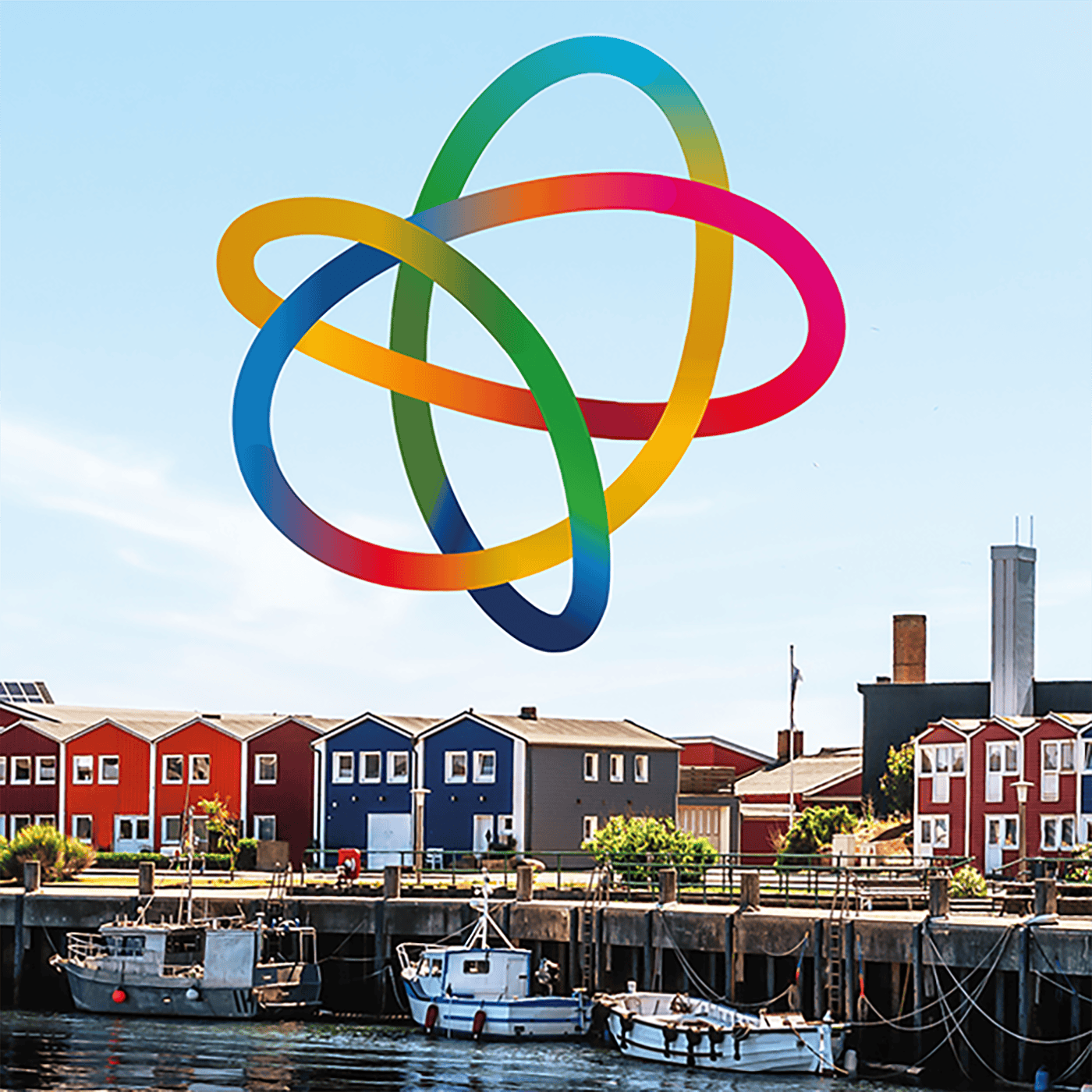
In this episode of Physics World Stories, we celebrate the 100th anniversary of Werner Heisenberg’s trip to the North Sea island of Helgoland, where he developed the first formulation of quantum theory. Listen to the podcast as we delve into the latest advances in quantum science and technology with three researchers who will be attending a 6-day workshop on Helgoland in June 2025.
Featuring in the episode are: Nathalie De Leon of Princeton University, Ana Maria Rey from the University of Colorado Boulder, and Jack Harris from Yale University, a member of the programme committee. These experts sh...
Why electrochemistry lies at the heart of modern technology

This episode of the Physics World Weekly podcast features a conversation with Colm O’Dwyer, who is professor of chemical energy at University College Cork in Ireland and president of the Electrochemical Society.
He talks about the role that electrochemistry plays in the development of modern technologies including batteries, semiconductor chips and pharmaceuticals. O’Dwyer chats about the role that the Electrochemical Society plays in advancing the theory and practice of electrochemistry and solid-state science and technology. He also explains how electrochemists collaborate with scientists and engineers in other fields including physics – and he looks forward to the fu...
